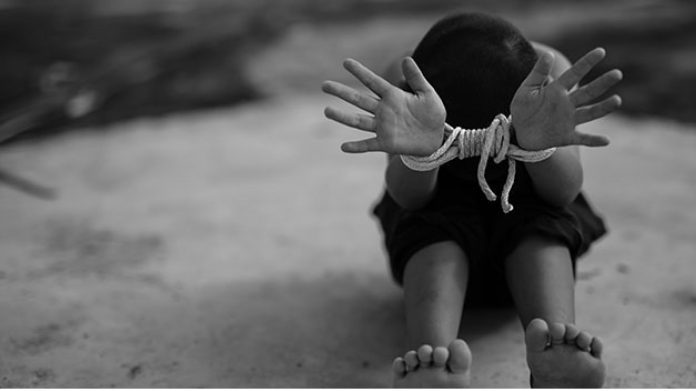
by Leon Norville
[email protected]
Antigua and Barbuda has again been ranked in the Tier 2 category of the US government’s ranking system for human trafficking after failing to meet the minimum standards for the elimination of trafficking.
This was revealed in the latest report just released by the US Department of State aimed at monitoring and combating trafficking in persons.
But it said the twin island nation was “making significant efforts” to stamp it out, and that “the government demonstrated overall increasing efforts compared to the previous reporting period, considering the impact of the Covid-19 pandemic on its anti-trafficking capacity”.
The list placement reflects an evaluation of a country’s actions to combat human trafficking assessed against specific criteria outlined in the Trafficking Victims Protection Act (TVPA).
Governments that fully comply with the TVPA’s minimum standards are ranked as Tier 1. Countries whose governments are making significant efforts to meet the minimum standards, but do not meet them all, are ranked on Tier 2, and those countries whose governments do not fully comply with the minimum standards and are not making significant efforts to do so are ranked on Tier 3.
Attorney General Steadroy Benjamin said, “I am very happy that the country has maintained its ranking at Tier 2. However, it appears to me that the ranking, as far as America is concerned, is based on successful prosecutions with respect to moving from Tier 2 to Tier 1.”
Back in 2018, the government made strides with its victim protection and prevention efforts by the implementation of a Trafficking in Persons Prevention Secretariat within the Ministry of Public Safety, Labour and National Security. The move received commendation from the US.
Other areas that contributed to the country’s ranking included work done with international organisations to develop preventative measures for migrants and the continuation of anti-trafficking awareness campaigns.
The report however pointed out that the country did not meet the minimum standards in several key areas, including identifying victims of human trafficking, initiating any investigations, or prosecuting or convicting any traffickers.
The Attorney General said this was because of the Covid-19 pandemic.
“We have laid charges as far as I am aware. The difficulty however is that because of Covid and the fact that we haven’t been able to really utilise the courts fully during this period. That is the problem with respect to move from Tier 2 to Tier 1,” Benjamin said.
The report said if Antigua and Barbuda is to move up on the list it must follow several recommendations, including vigorously investigating, prosecuting and convicting traffickers including complicit officials.
It must also step up efforts to identify victims through proactive screening of vulnerable populations including migrants, individuals in commercial sex, and Chinese and Cuban workers on foreign government-sponsored programmes.
Frontline agencies would also need more training on how to spot the signs of forced labour and sex trafficking.
There are also various steps to be made in the judiciary, it said, such as improving trafficking case evidence collection, and reducing delays in court proceedings.
In the country’s trafficking profile, as reported over the past five years, the report said human traffickers exploit domestic and foreign victims in Antigua and Barbuda, and traffickers exploit victims from Antigua and Barbuda abroad.
Documented and undocumented migrants from the Caribbean region, notably Jamaica, Guyana and Dominican Republic, were identified as victims of sex trafficking and forced labour.
Authorities reported an increased number of trafficking victims in multiple-destination trafficking, arriving in Antigua and Barbuda for a few months before their traffickers exploited them in other Caribbean countries such as St Kitts and Nevis, and Barbados.
Sex trafficking occurs in bars, taverns and brothels, including with girls. The report said there were anecdotal reports of parents and caregivers subjecting children to sex trafficking.
Forced labour, including of children, occurs in domestic service and the retail sector, particularly in family-owned businesses. Cubans working in Antigua and Barbuda may have been forced to work by the Cuban government, the report said. Chinese nationals working in Antigua and Barbuda may also have been forced to work, including by China’s state-owned enterprises.
In responding to the latter, the Attorney General said, “I am not aware that any Cubans or Chinese are being forced to work in this country and are being brought here in contravention of any particular convention situation. I am completely and totally unaware of that fact.”
He said in the absence of evidence to show what was reported, the allegation is unfounded and incorrect.
Benjamin said investigations are continuing and that the country has been proactive in taking action against individuals.
“We are proactive and we are dealing with the victims and we have done all that is required of a third world developing country,” he added.
The full report is available online at https://www.state.gov/reports/2021-trafficking-in-persons-report/antigua-and-barbuda/
